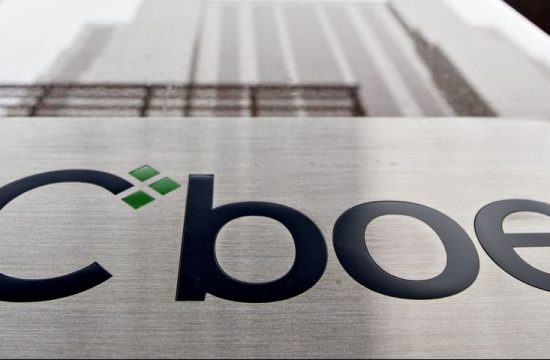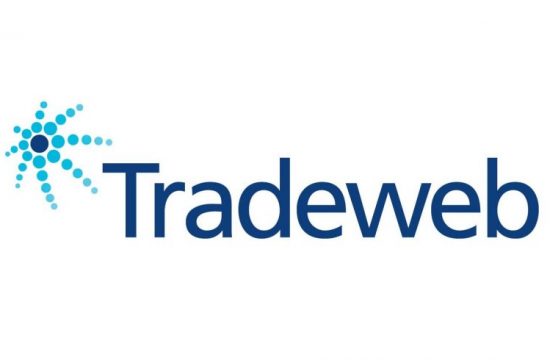Three individuals and New York-based asset management firm GPB Capital were charged by the Securities and Exchange Commission with running a Ponzi-like scheme that raised over $1.7 billion. David Gentile and Jeffry Schneider lied to investors about the source of money used to make an 8% annualized distribution payment to investors and told investors that the distribution payments were paid exclusively with monies generated by GPB Capital’s portfolio companies, the SEC claims.
Instead, GPB Capital used investor money to pay portions of the annualized 8% distribution payments, just like any traditional Ponzi scheme. The alleged fraudsters then manipulated the financial statements to perpetuate the idea that GPB Capital’s income was closer to cover the distribution payments than it actually was.
The scam lasted more than four years, potentially due to the language in termination and separation agreements that impeded individuals from coming forward to the SEC, and by retaliating against a known whistleblower, according to the announcement.
Richard Best, Director of the SEC’s New York Regional Office, said: “As alleged in our complaint, the defendants told investors that they would be paid distributions from profits of the portfolio companies when, in reality, many of the payments were being made from the investors’ own funds. This action shows our continued pursuit of those who deceive investors and conceal their misconduct to reap profits for themselves.”
Jane Norberg, Chief of the SEC’s Office of the Whistleblower, commented: “Whistleblower protections are a cornerstone of the SEC’s whistleblower program. The charges filed today reinforce the Commission’s commitment to protecting whistleblowers from retaliation and attempts to stifle the free flow of information to the Commission about possible securities law violations.”
In July 2020, GPB Capital denied fraud and other claims made by Massachusetts securities regulators, claiming there was no evidence to back its case as well as lacking jurisdiction. The state of Massachusetts made a civil claim that GPB Capital scammed 180 investors who put a total of more than $14 million in its private-equity funds.
Last year, the SEC charged former Georgia state legislator and former member of the Georgia Board of Regents Clarence Dean Alford with defrauding at least 100 investors in his now-bankrupt energy development company, Allied Energy Services. From 2017 to 2019, Alford raised at least $23 million by selling promissory notes to mostly Indian-American investors that he guaranteed would provide high annual rates of return as he claimed funds would finance energy projects. In reality, most funds were covering interest payments to earlier investors and for personal expenses, including building a multimillion-dollar home. The scam collapsed in 2019 after failing to make interest payments and failing to repay the investors’ principal.












